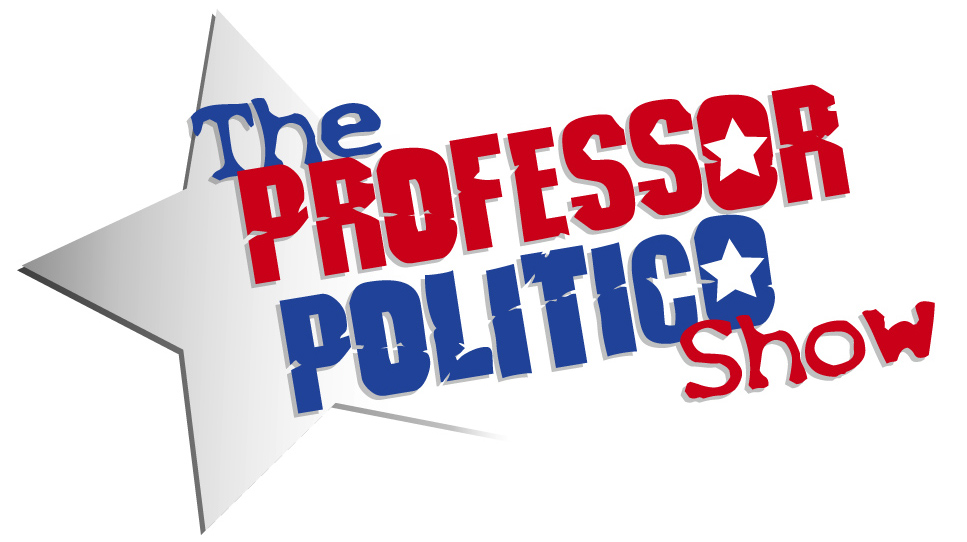s for Paulson’s desired role to become economic czar and CEO of the American economy, I recommend Hayek’s famous essay, "The Use of Knowledge in Society." Hayek says it best. “If we possess all the relevant information, if we can start out from a given system of preferences, and if we command complete knowledge of available means, the problem which remains is purely one of logic...This, however, is emphatically not the economic problem which society faces...The reason for this is that the 'data' from which the economic calculus starts are never for the whole society 'given' to a single mind which could work out the implications and can never be so given.” This is the same argument both Mises and Hayek used to dismantle the idea that socialist systems could supplant price discovery through the market process with really well-meaning, smart bureaucrats. By now, virtually everyone realizes that a full-on socialist economy brings only human misery to people, particularly to workers who don’t have access to the special favor of the political elite.
Or is that really understood? Listening to Wall Street types and their friends (from both political parties) in office, you would think that free market capitalism is fundamentally broken. Many are downright hysterical in their predictions of gloom and doom. I had read about the phenomenon, but now I actually understand what a “panic on Wall Street” really is. But it is very difficult, in the current legislative panic, to discern fact from fiction. One popular example is the assertion that capital for small businesses is “seizing up.” People I trust have told me this.
Many more people with a vested interest have asserted this. The most popular example widely used in the past few days is the claim that Sonic Drive-Ins were being denied, despite credit worthiness, needed business capital by GE Capital. Even the McCain campaign uses this talking point. It is, inconveniently, an urban myth, just like the guy that had both kidneys stolen and wakes up in an icy bathtub. According to a press statement by the company released on Monday, “GE is just one of many lenders who finance Sonic franchisees and, in fact, many franchisees maintain access to other diversified sources of financing. Furthermore, Sonic has not received any notification from GE Capital, either directly or indirectly, that it will stop financing new loans to Sonic franchisees.”
This is not to say that the economy is not in serious trouble, that capital flows are not being disrupted, or that access to credit is not a problem. The point is that the government is proposing to redistribute $700 billion dollars. That’s more than the annual GDP of Australia. With that much money on the table, expect disinformation to permeate the public debate. Some of that misinformation is intentional, but most is not. As a good Hayekian, I understand that knowledge is dispersed throughout the economy, and that good information only emerges if the discovery process is allowed to function. To put it another way, the only thing I know certainly is that I don’t know everything.
This is not an ivory-tower, think-tank point. It seems to me, during times of economic crisis, that there is an obligation to first do no harm. Should we rush to pass legislation written by tired, 25-year-old legislative staffers in the middle of the night in offices littered with Domino’s boxes and empty vente Starbucks cups? What are the inevitable unintended consequences? My biggest fear is that the plan will do far more harm than good, even in the short run, by propping up poorly performing banks at the expense of well-run institutions ready and able to come in and clean up the mess. And, yes, as Warren Buffet could tell you, they hope to make a healthy profit doing it.
We are talking about legislation that will fundamentally alter the face of American capitalism for at least a generation. Allowing investment banks to go to the government for a $700 billion line of credit is akin to inviting a vampire into the house. If you live, you certainly won’t be the same person when you wake up the next morning.
Assuming that all of the short-term problems are real, and assuming that we are headed into real economic hardship, what should we do? What would Mises do? A quote from Hayek’s Fatal Conceit is instructive: "The curious task of economics is to demonstrate to men how little they know about what they imagine they can design." (Hat Tip to economist Peter Boettke). Paulson’s audacious power grab has tainted the whole debate, crowding out a more rational conversation about how to remove real barriers to better-functioning markets. Especially after last night's dispiriting Senate vote, and the coming second round in the House of Representatives, that conversation is less likely to happen than ever.
I have to say, with my limited knowledge of economics, it seems to me that Mr. Kibbe knows what he's talking about.
